Since its inception in 2012, World Lung Cancer Day has been celebrated every year. At the start of the 20th century, lung cancer was a rare disease. As factors like pollution and smoking increased, so did cases of lung cancer. By quitting one habit of smoking we can reduce many cases of lung cancer. The cases have escalated to a level where today lung cancer is the most common type of cancer. One report from WHO claims that 2.21 million new reports have come to the surface. The Covid pandemic ensured that more people talk about lung cancer as both diseases share similar symptoms. We at Medicircle are conducting a series on World Lung Cancer Day where we talk to reputed oncologists and medical experts to make Indians aware of how to fight against it. Also, we aim to make them aware of how small lifestyle changes can help them not fall victim to this cancer.
Dr. Deepak Puri is a cardiovascular thoracic surgeon and the director at Max Hospital. He was a former Additional Director at Fortis Hospital and a former Assistant Professor at PGIMER, Chandigarh. He has more than 75 publications in reputed international journals. He has conducted more than 10,000 lung and heart surgeries out of which 6000 were bypass surgeries.
Factors that result in Lung cancer
He explains, "The biggest factor will be smoking. In 80-90% of the cases, we find the person has been smoking. In the last few decades, we are also seeing a rise in females getting lung cancer. Because of many anti-smoking campaigns, we are seeing a reduction in the number of males smoking. Since fewer men are smoking we are seeing fewer lung cancer cases amongst them. It also depends on how many cigarettes in a day one has since how many years. The higher these numbers are the more chances you have of getting cancer.
If one quits his/her smoking then over the years the risk of cancer will start fading. But the risk would be more than what a non-smoker has. We have also observed that passive smokers, those who inhale other's smoking, too have a high risk of getting cancer. So if a family has one member with lung cancer then that family members have twice the chance of themselves getting cancer.
If someone is a non-smoker then their biggest reason for getting cancer is because of radon, something that is found in dust and rock. Another factor is radiation. If someone has taken too many CT scans or X-rays or radiotherapy then their chances are high. If a smoker is taking supplements of beta-carotene then they are at a higher risk of getting cancer."
Is lung cancer geographic-specific?
He says, "It is observed that many cases are found in the black population. Many American black males have cancer. Similarly in Europe, there are few places where the cases are high. The high number of cases come with a high number of population smoking.
The difference between black and white females is not that much. In India, the most common types of cancer in females are breast cancer and cervical cancer. In males, it is the oral cavity caused by tobacco consumption. The death rate is the highest in lung cancer as the detection of this illness in the early stage is not common."
Importance of Early Diagnosis
He tells, "In the last few years, the importance and awareness of early detection in lung cancer have been massive. Speaking from personal experience, I was called to Florida, the USA to speak at a conference. There a nurse shared her personal experience. She was 34 when she got diagnosed with late-stage lung cancer. She couldn't comprehend that being this fit her survival chances were so low as cancer had spread.
After struggling to find a doctor she eventually found one who was willing to give it a try. She underwent many treatments and surgeries and then survived for 5 years till the time of the conference. While sharing her experience she said that most funds for cancer are channeled for breast cancer which can be detected with a simple physical examination. She then campaigned to spread awareness on lung cancer detection and accumulated huge funds to boost the research."
Adding to it, "A decade ago we observed that less than 5% of patients that came were inoperable. They had high stage cancer that lessened their survival chance. But in recent years we are seeing many people come who have a survival chance. We could deploy X-rays in high risk populations and immediately have a session with the oncologist. In this way we get patients while they are in their stage one or two. But if they wait for symptoms to show then consult their general physician, then by the time they come to us their cancer stage would be higher. With early detection their survival change is 50 - 60%."
Lung cancer and Covid
He elaborates, "The hospitalization rate of Covid patients who already have lung cancer is high. Chances of death are high as 25% could die if they catch Covid while already having cancer. This is because by smoking they have already damaged their lungs. Many may have cut some portion of the lung by surgery or have gone through radiation treatment. And Covid predominantly affects the lungs.
Another reason is that during the lockdown, cancer patients cannot avail their treatments or get delayed treatments. So one needs to take care that they are masked and are taking other precautions for ensuring they don't get Covid. If unfortunately they still get Covid then they should promptly consult their doctor."
Parting Advice
He mentions, "Smoking is the biggest factor of lung cancer but there are other factors common for all cancers. These factors are based on our lifestyle and the diseases it causes are called Lifestyle Diseases. This includes heart diseases, cancer, depression and anxiety.
These are based on the diet we have, the sleep we take, our stress level and exercise. It is seen that people who are non-vegetarian are at a higher risk of developing cancer. The same is true for those who have junk food. Having a balanced diet with fruits and vegetables helps prevent cancer. We should also make time for exercise."
(Edited by Priyal Shah)
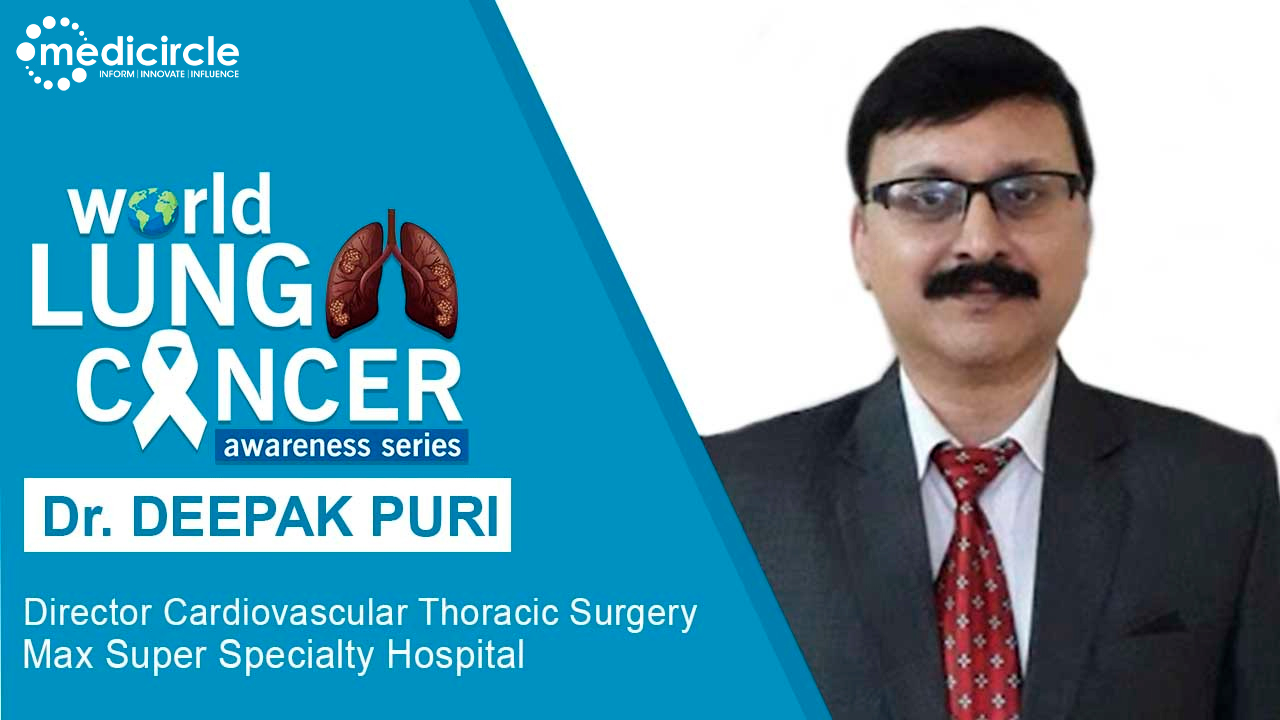
 Small yet significant changes in your lifestyle can help you lower your chance of getting the most common type of cancer - Lung cancer.
Small yet significant changes in your lifestyle can help you lower your chance of getting the most common type of cancer - Lung cancer.




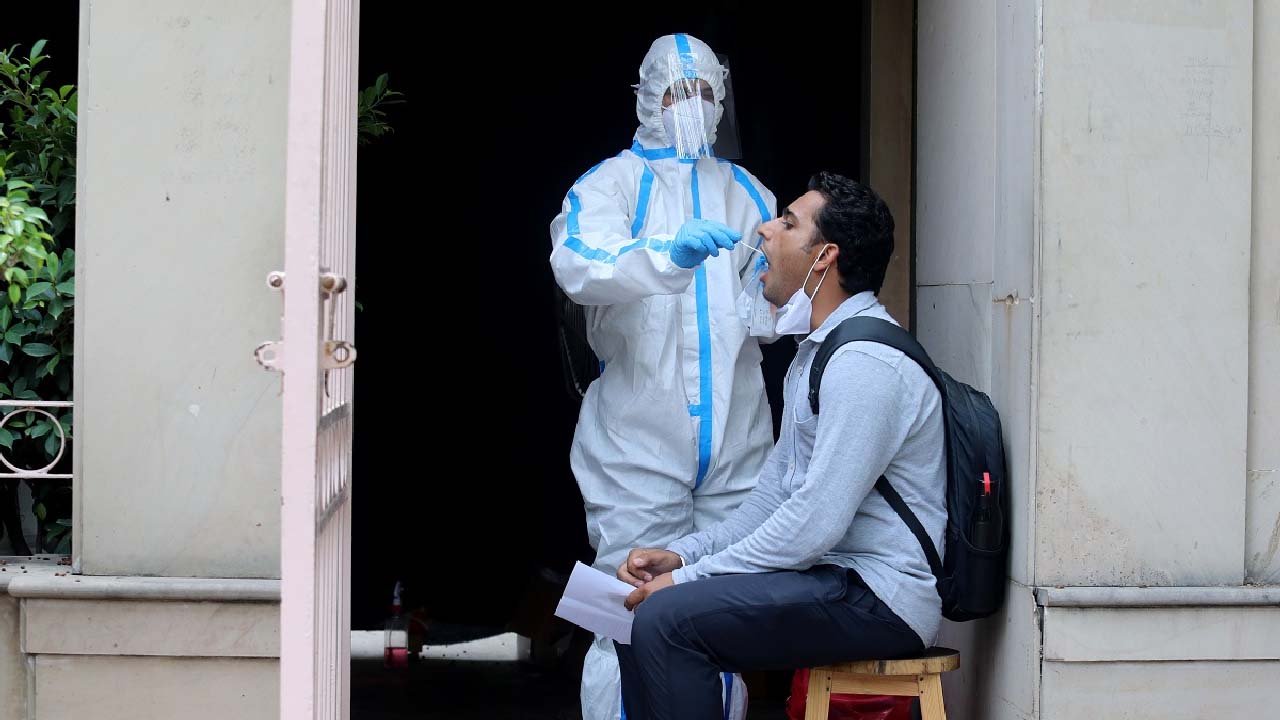
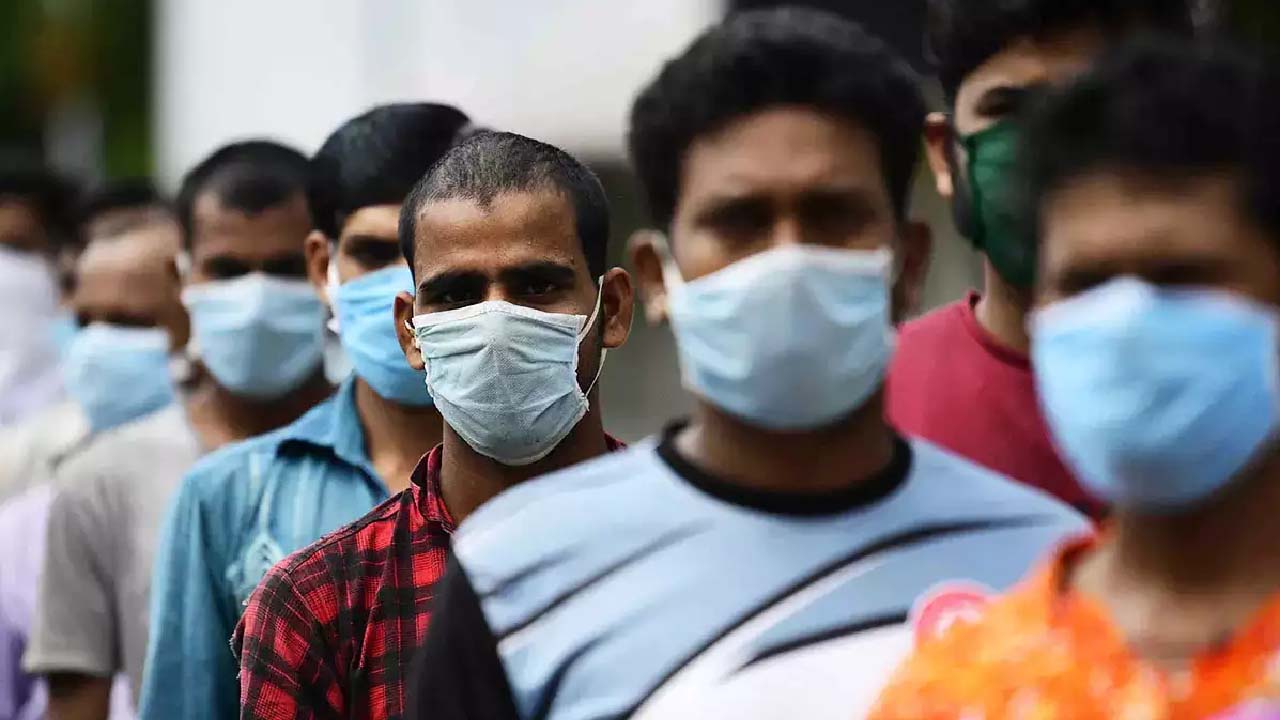
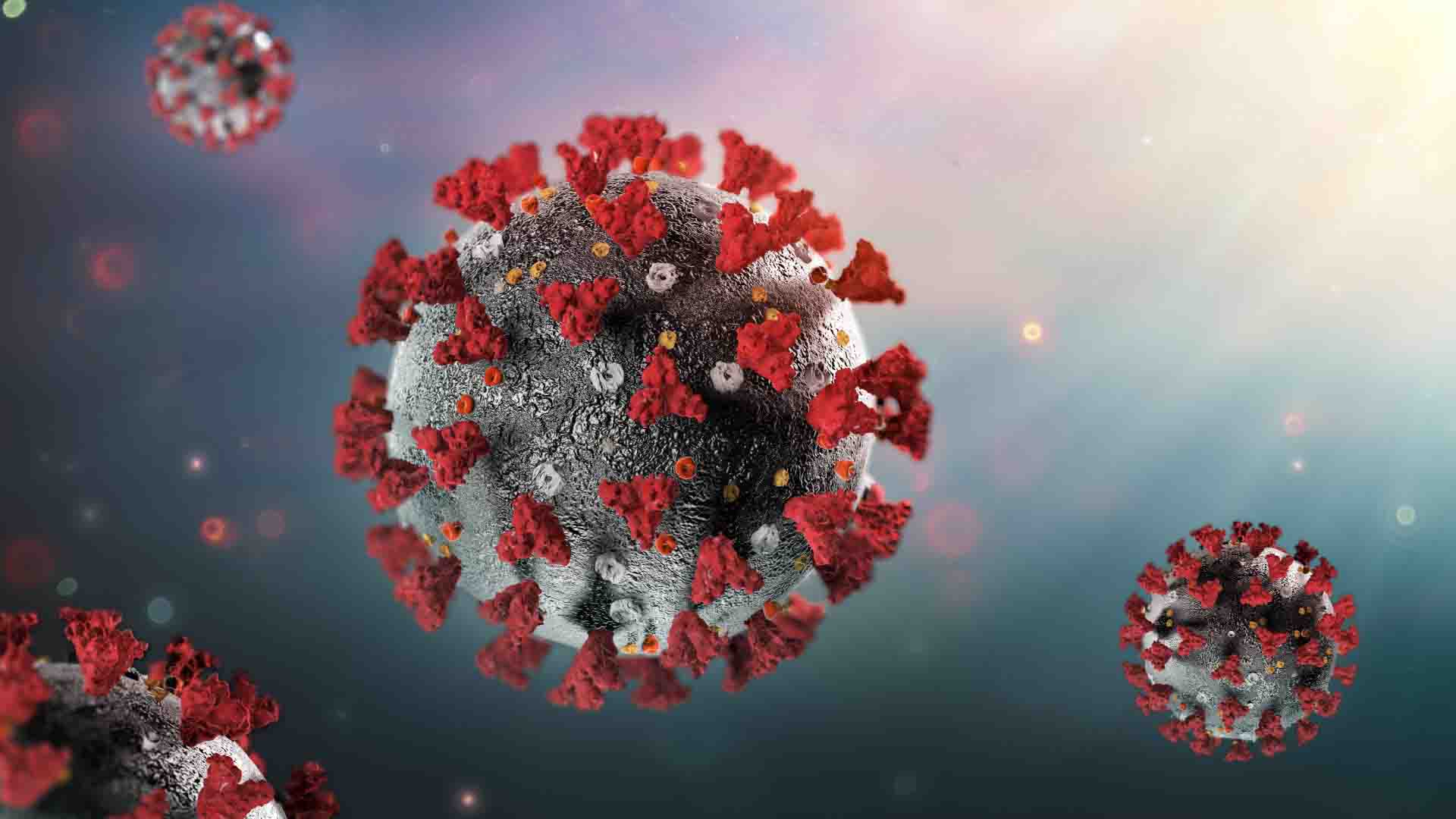
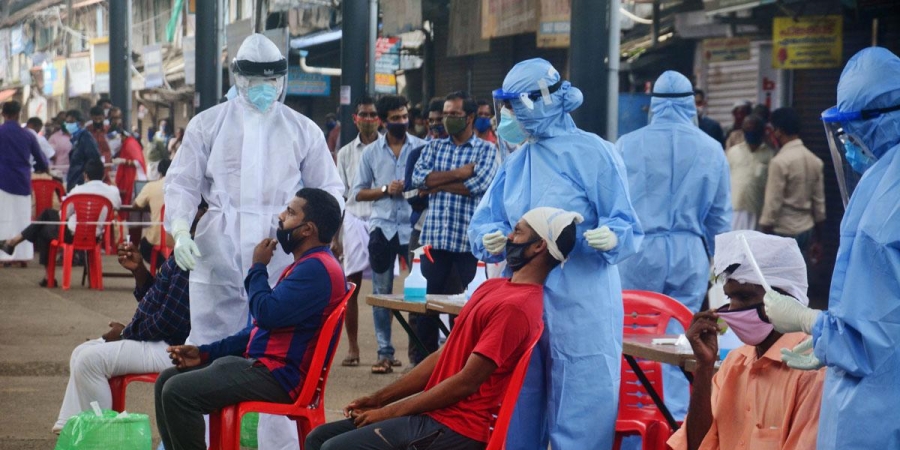
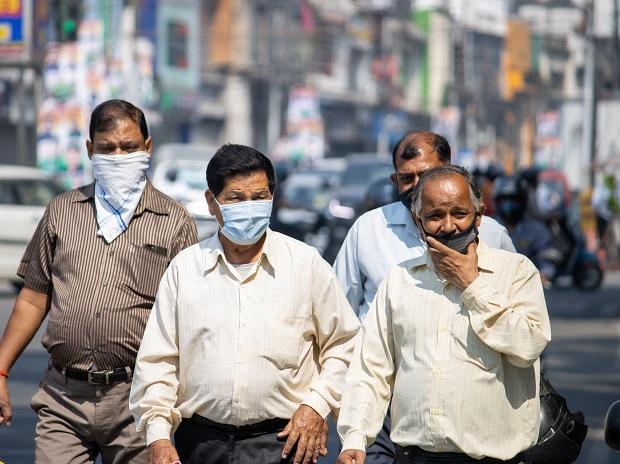
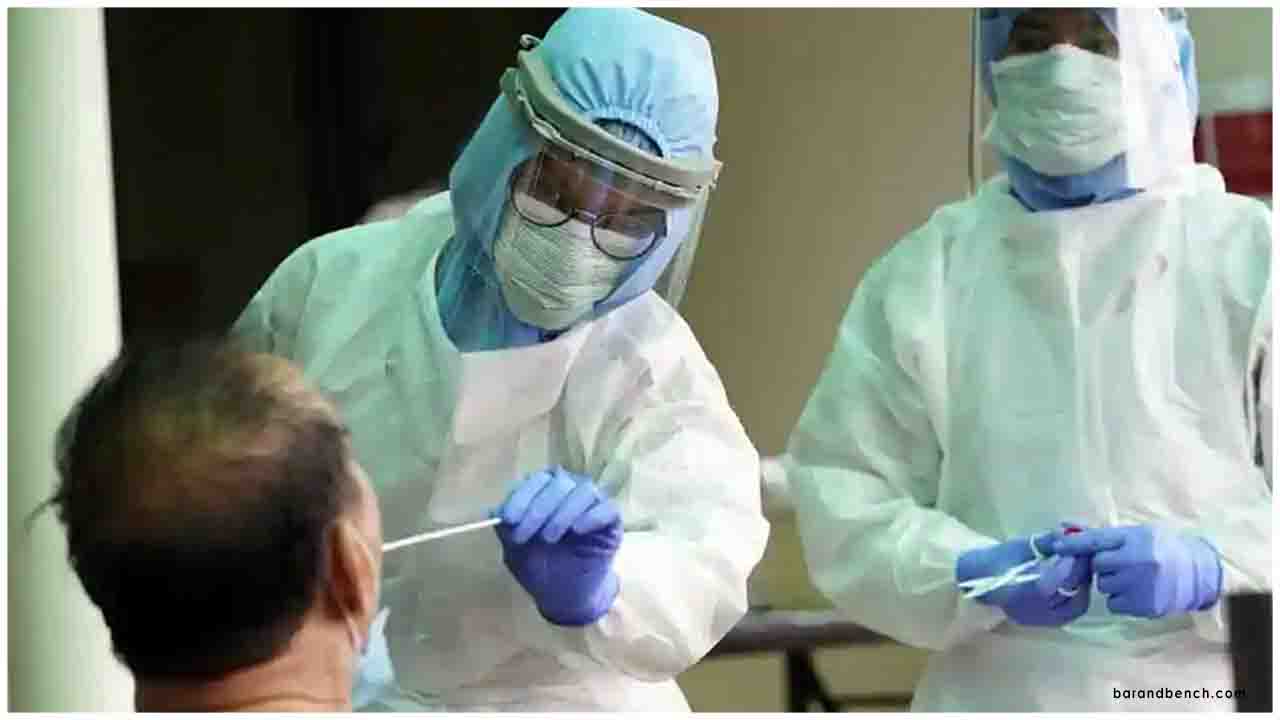

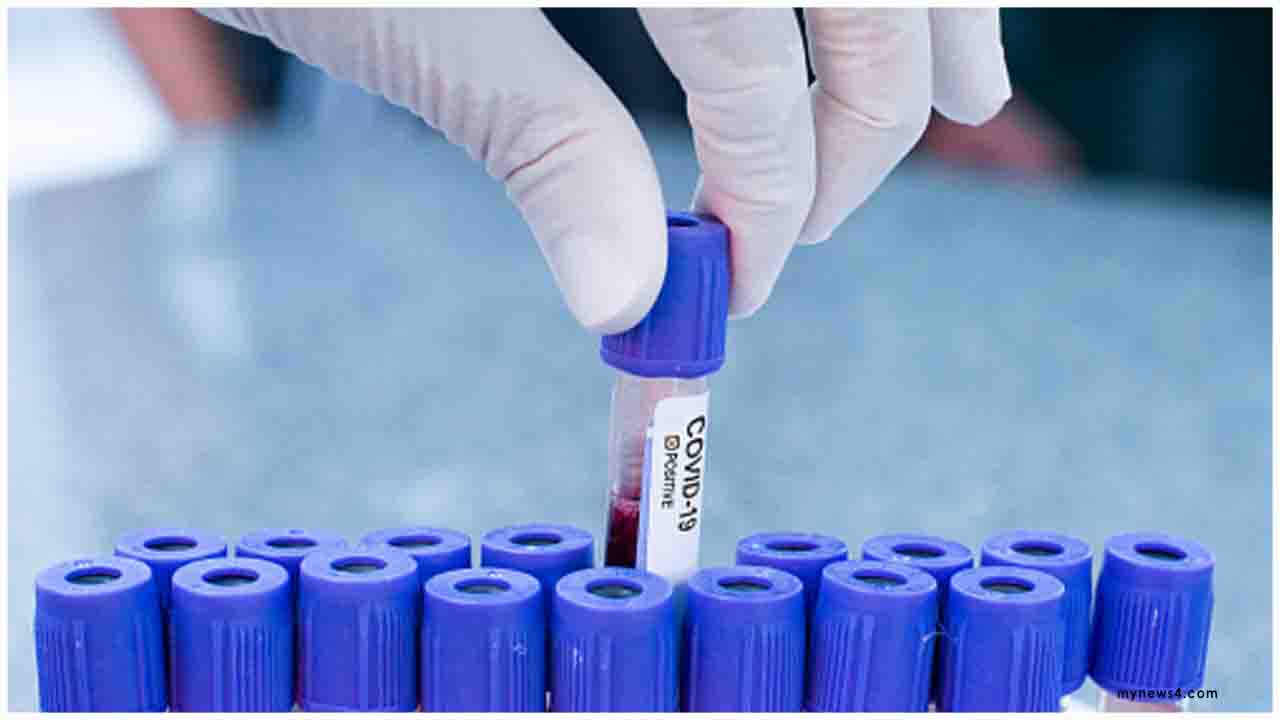
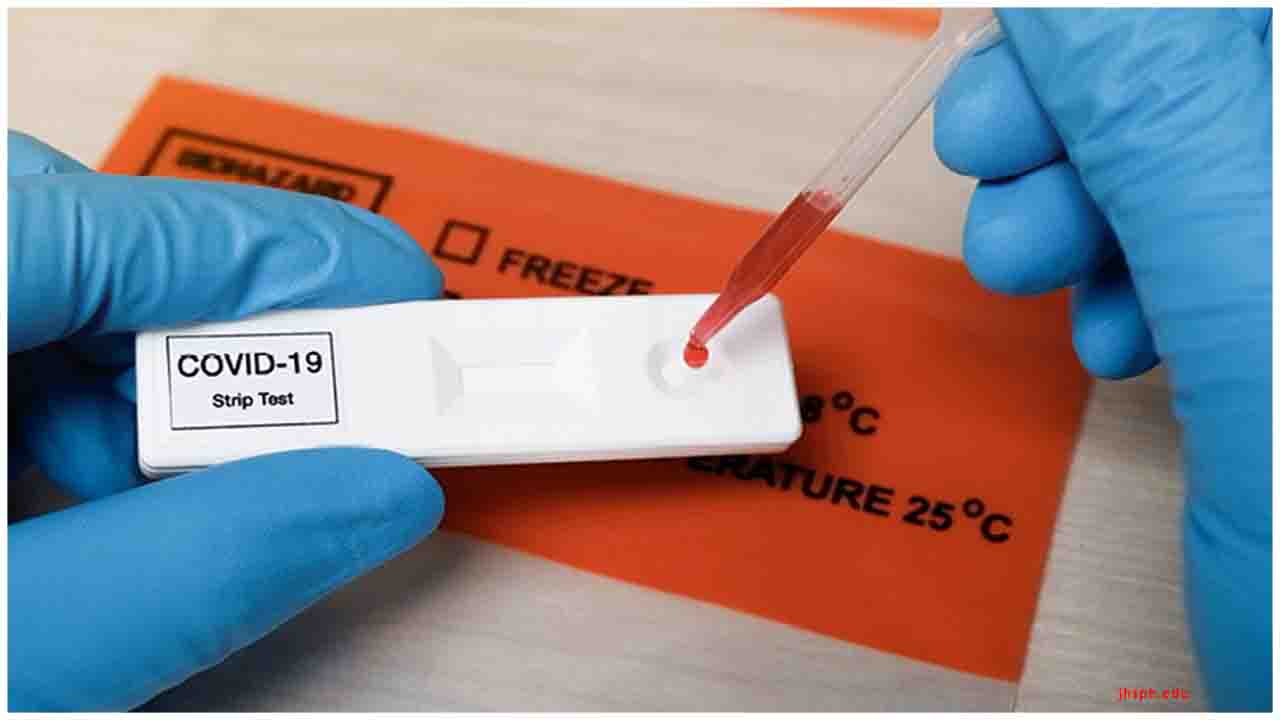






.jpeg)



















.jpg)
.jpeg)